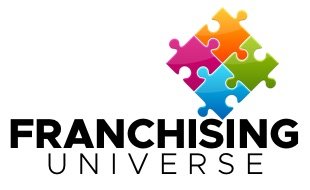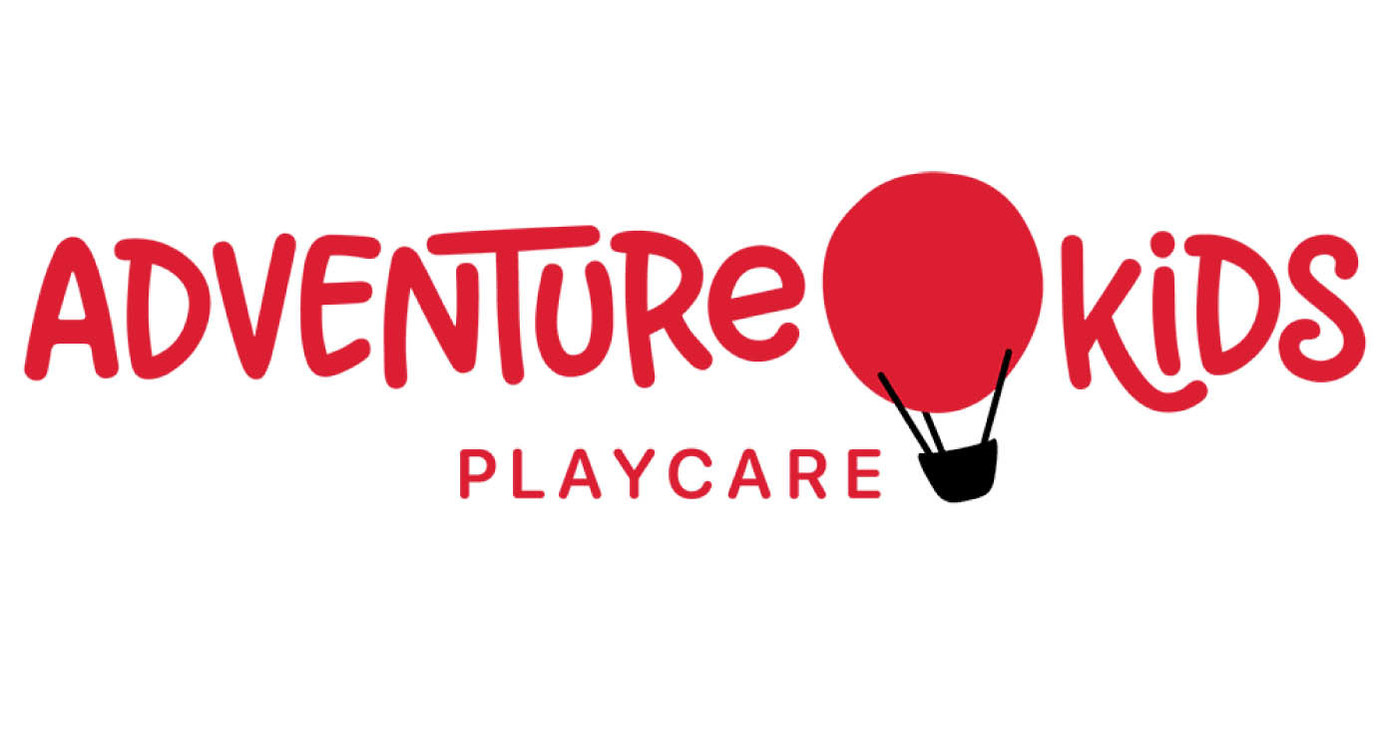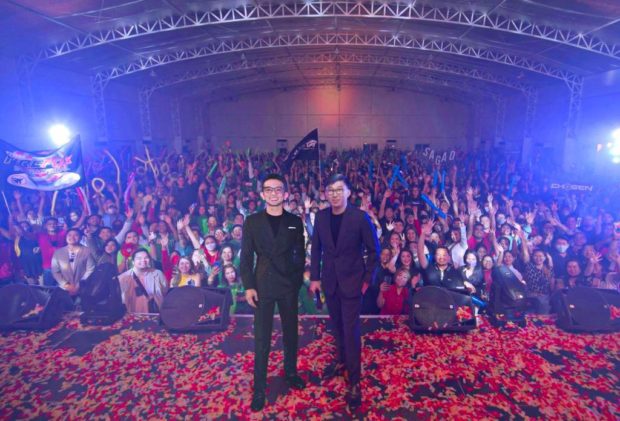Starbucks is examining a possible sale of its UK business as the world’s largest coffee chain faces changing consumer habits after the pandemic and increased competition.
The group hired advisers Houlihan Lokey this year to look at potential options for the business, according to a person familiar with the matter, who said it could attract interest from a specialist franchising group or a private equity company.
The chain oversees about 1,000 stores in the UK of which about 70 per cent are franchises and the rest company owned. Along with other coffee and food-to-go chains, Starbucks was hit hard by the pandemic lockdowns and is wrestling with how hybrid working has changed consumer habits.
Starbucks said it was “not in a formal sale process for the company’s UK business” but that it continued to “evaluate strategic options” for those of its international businesses that are owned by the company. Houlihan Lokey declined to comment.
The news that Starbucks was examining options for its UK business was first reported by the Sunday Times.
In the UK, Starbucks is “contending with operating cost increases at the same time that competition intensifies, with takeaway food chains and restaurants focusing on coffee as a secondary discounted offer”, according to its UK arm’s accounts for the year to October 2021.
Its UK arm, which employs about 4,000 people, returned to profit in the 12 months to October 2021, generating a pre-tax profit of £13.3mn on sales £328mn, after reporting a loss of £40.9mn a year earlier.
The chain has said that footfall at office, travel and inner-city sites had been slower to recover than suburban and retail park locations.
“It’s quite a capital-intensive estate. It’s pretty urban-focused,” said a person familiar with the matter. “It got hammered quite hard in Covid [and] it hasn’t come back to the same level.”
In 2021, Starbucks exited a joint venture worth $2bn in South Korea, its fifth-largest market, selling its stake to its local partner and the Singaporean sovereign wealth group GIC, though it continues to receive royalties from the operation.
The US retailer, whose former chief executive Howard Schultz returned to lead the company in April, has had growing success with retail sales under its brand following a 2018 deal with the world’s largest food manufacturer, Nestlé.







